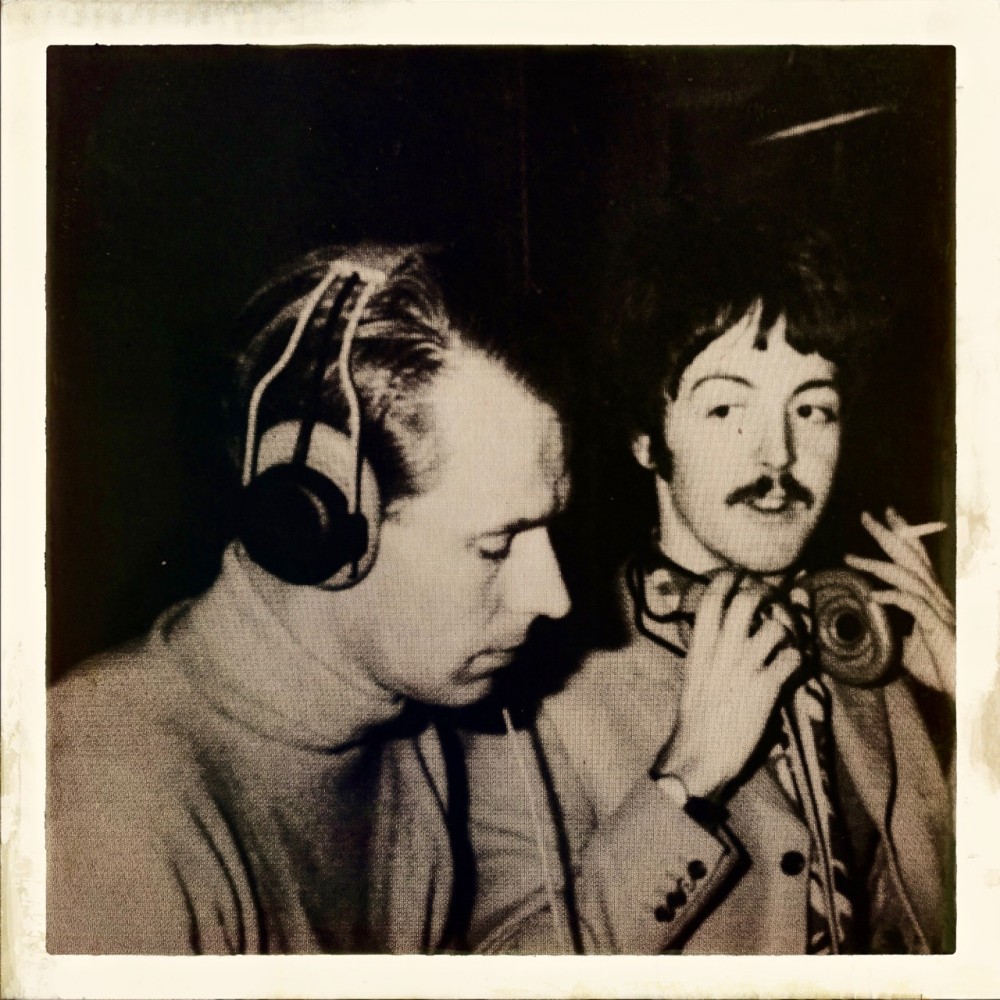03/15/2016
The Other George
As I'm sure you're already aware, Gentle Reader(s), the great Sir George Henry Martin passed away last Tuesday at the age of 90 years. To all reports, Sir George's was a life very well lived. He was respected and beloved by a great many people, not the least of whom was a group of four lads from Liverpool whom Martin met at Abbey Road studios in London on June 6, 1962. After he signed the Beatles to EMI's Parlophone label George Martin went on to produce all of the group's albums, save for the last ('Let It Be,' for which he functioned in a production advisory capacity). Beyond his groundbreaking work with the Beatles, Martin was a key figure in the evolution of the professional recording studio from a stuffy, formal laboratory environment (which in Martin's early days still involved studio engineers wearing ties and white lab coats) to a venue for free form sonic experimentation and creativity. There are other producers who emerged from the 1950s and '60s whose names are as well known as those of the artists with whom they worked (Sam Phillips, Quincy Jones, Berry Gordy and Phil Spector), and some artist/producers whose visions for their own compositions incorporated the possibilities of the studio as a primary element (Brian Wilson, Jimmy Page, Todd Rundgren and Prince prominent amongst them), but George Martin was the true revolutionary. Be that as it may, it took time for the full measure of Martin's contributions to become acknowledged: In the Beatles section of the first edition (1976) of the epochal 'Rolling Stone Illustrated History of Rock & Roll' George Martin doesn't even merit a mention.

